As diplomatic efforts to resolve the Ukraine conflict intensify, two of Washington’s most prominent representatives-Secretary of State Marco Rubio and special envoy Steve Witkoff-will not attend a pivotal round of peace talks in London this week. Their absence has fueled speculation about a shift in US priorities and the evolving nature of its diplomatic engagements, particularly as Witkoff is confirmed to be traveling to Moscow for another meeting with Russian President Vladimir Putin.
The London summit, scheduled for April 23, was expected to mark a key milestone in the negotiation process between Ukraine and its Western backers, including the United States, the United Kingdom, France, and Germany. These countries have continued to advocate for increased military support to Kiev, while also engaging in backchannel discussions about a potential peace framework. Notably, Ukraine’s Defense Minister Rustem Umerov reportedly told US envoys last week that Kiev is “90% aligned” with the US peace proposal-an indication that some degree of consensus may be forming, at least between Washington and Kiev.
However, that fragile momentum was rattled when the US State Department confirmed on April 22 that Secretary Rubio would not attend the London talks, citing scheduling conflicts. “Secretary Rubio is a busy man… And so when there’s certain plans, they’re conditional,” said State Department spokesperson Tammy Bruce. “While the meetings in London are still occurring, he will not be attending. But that is not a statement regarding the meetings; it’s a statement about logistical issues in his schedule.”
In a parallel move that raised even more eyebrows, Financial Times reported that Steve Witkoff-Trump’s special envoy and a key architect of the ongoing rapprochement between Washington and Moscow-would also skip the London meeting and instead travel to Russia. This move, confirmed by both the White House and Russian presidential adviser Yury Ushakov, highlights the strategic calculus behind Washington’s dual-track diplomacy: maintaining engagement with European allies while keeping lines open with the Kremlin.
The White House attempted to downplay any controversy. Press Secretary Karoline Leavitt reassured reporters that the negotiations remain on track. “We feel, again, we are hopefully moving in the right direction,” she said. “And the special envoy Steve Witkoff will be heading to Russia again later this week to continue talks with Vladimir Putin.”
Yet, the optics are undeniable. At a time when the transatlantic alliance is trying to project unity and maintain pressure on Moscow, the absence of two top US officials from multilateral talks could be interpreted as a divergence from Europe’s hardline approach. Instead of rallying behind further military support and sanctions, the US appears increasingly focused on exploring negotiated outcomes directly with Moscow.
General Keith Kellogg, a retired lieutenant general and national security advisor during Trump’s first term, will represent Washington at the London talks in place of Rubio and Witkoff. Kellogg has reportedly been tasked with direct negotiations with Kiev, underscoring his role in implementing Trump’s preferred diplomatic approach-one that blends military deterrence with aggressive behind-the-scenes dealmaking.
This shift in representation comes amid increasing reports of what Washington’s yet-to-be-public peace proposal may contain. According to The Washington Post, the US framework under consideration could include the formal recognition of Crimea as Russian territory-a controversial proposition that would mark a significant concession to Moscow. Additionally, sources suggest the proposal may offer a pathway toward the eventual lifting of sanctions on Russia, should certain conditions be met.
The Financial Times has further claimed that Moscow is prepared to halt hostilities along current frontlines if such a deal is reached-essentially freezing the conflict in place and formalizing territorial divisions. However, Russian officials remain steadfast in their position that the status of Crimea and the four Ukrainian regions annexed in 2022-Donetsk, Lugansk, Kherson, and Zaporozhye-is non-negotiable. “Recognizing the reality on the ground is essential to achieving lasting peace,” said Kremlin spokesman Dmitry Peskov.
Peskov also issued a warning to the public and media, emphasizing the prevalence of disinformation. “A lot of fakes are being published now, including by respected publications,” he cautioned. He urged reliance on official channels for developments in US-Russia negotiations.
For Moscow, any credible peace deal must address what it deems the “root causes” of the conflict-most notably NATO’s eastward expansion and Ukraine’s aspirations to join the US-led alliance. These strategic concerns, long voiced by Russian officials, continue to loom large over any diplomatic resolution.
The realpolitik behind Witkoff’s diplomacy is evident. As a close Trump ally with deep business ties and a reputation for backchannel dealmaking, his recurring visits to Moscow suggest a pragmatic approach from Washington-one that prioritizes geopolitical stability and energy cooperation over ideological confrontation. Since Trump’s return to the presidency, Witkoff has been central to recalibrating US-Russian relations, having already held at least three rounds of discussions with Putin.
European officials, meanwhile, appear frustrated by the mixed signals emanating from Washington. While France and Germany remain committed to arming Ukraine and pushing for a decisive battlefield outcome, the apparent willingness of the US to negotiate territorial concessions has sparked concern. A European diplomat speaking anonymously told Politico, “If the Americans are about to give away parts of Ukraine in exchange for a ceasefire, that’s a red line for many of us.”
Despite such tensions, Ukraine’s leadership seems increasingly open to compromise. With battlefield momentum slowing and Western military aid facing political delays, Kiev is under growing pressure to explore diplomatic avenues. The statement by Defense Minister Umerov about being “90% aligned” with the US framework reflects a potentially significant shift in tone, though the specific points of disagreement remain unclear.
Ultimately, the absence of Rubio and Witkoff from the London talks may reflect more than just scheduling conflicts. It may signify a broader recalibration of US strategy-one that recognizes the limits of military aid and seeks to leverage diplomacy to prevent a prolonged war of attrition. Whether this strategy yields lasting peace or further divisions within the Western alliance remains to be seen.
But one thing is certain: the center of gravity in the Ukraine conflict may be quietly shifting-from the multilateral forums of Europe to the high-stakes backchannels between Washington and Moscow.
Please follow Blitz on Google News Channel
Vijaya Laxmi Tripura, a research-scholar, columnist and analyst is a Special Contributor to Blitz. She lives in Cape Town, South Africa.
rubio-and-witkoff-skip-london-talks-as-us-shifts-focus-to-moscow-diplomacy

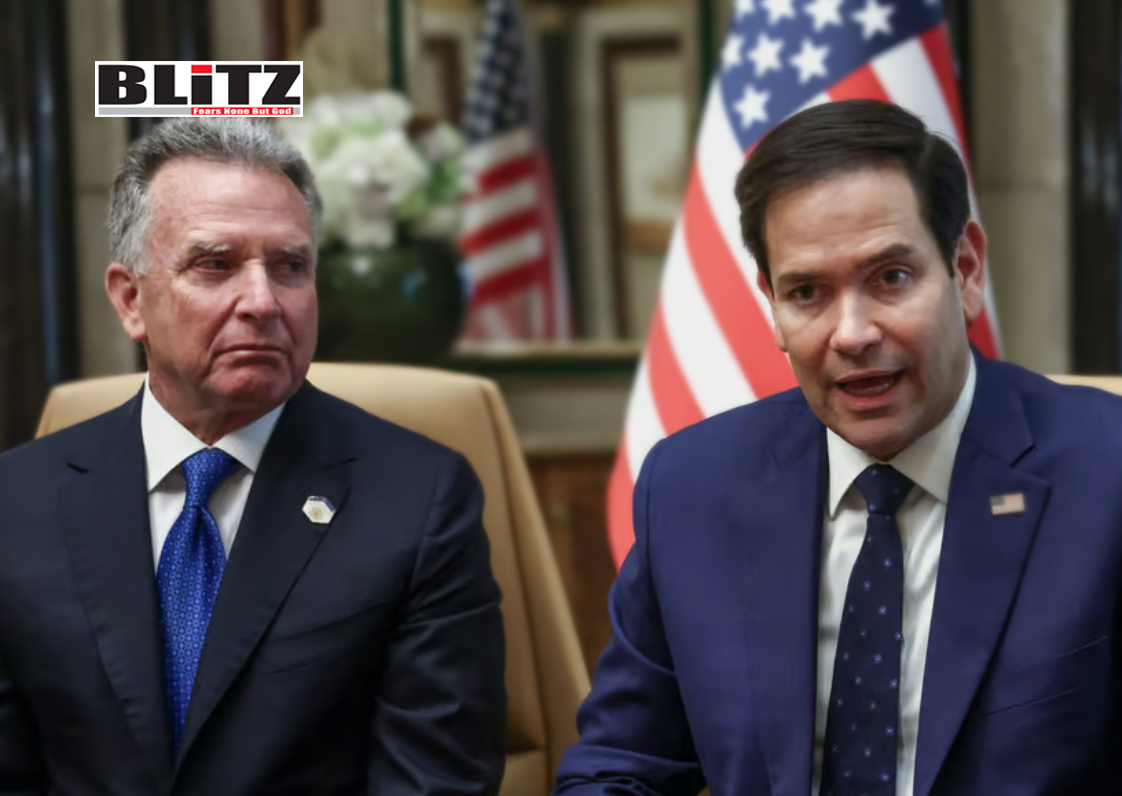
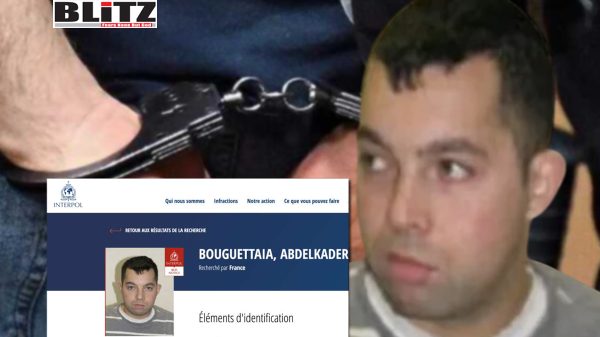
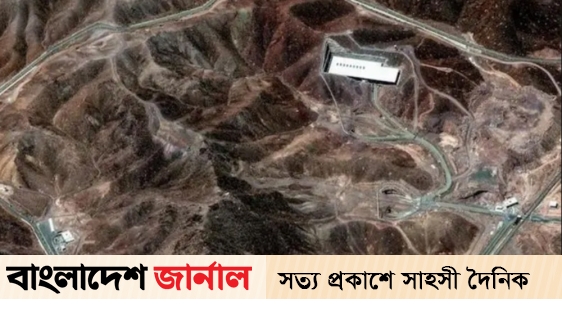
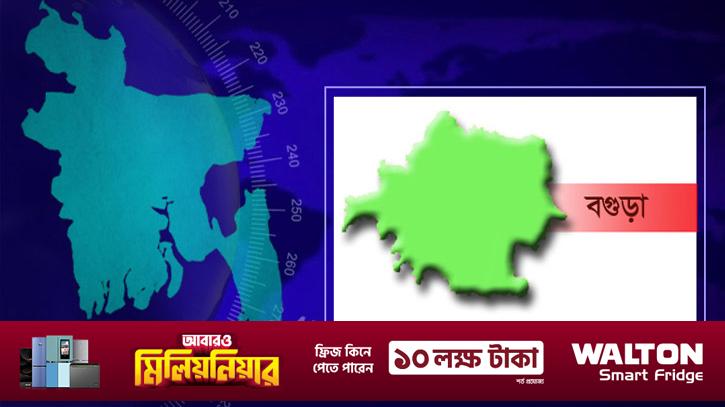
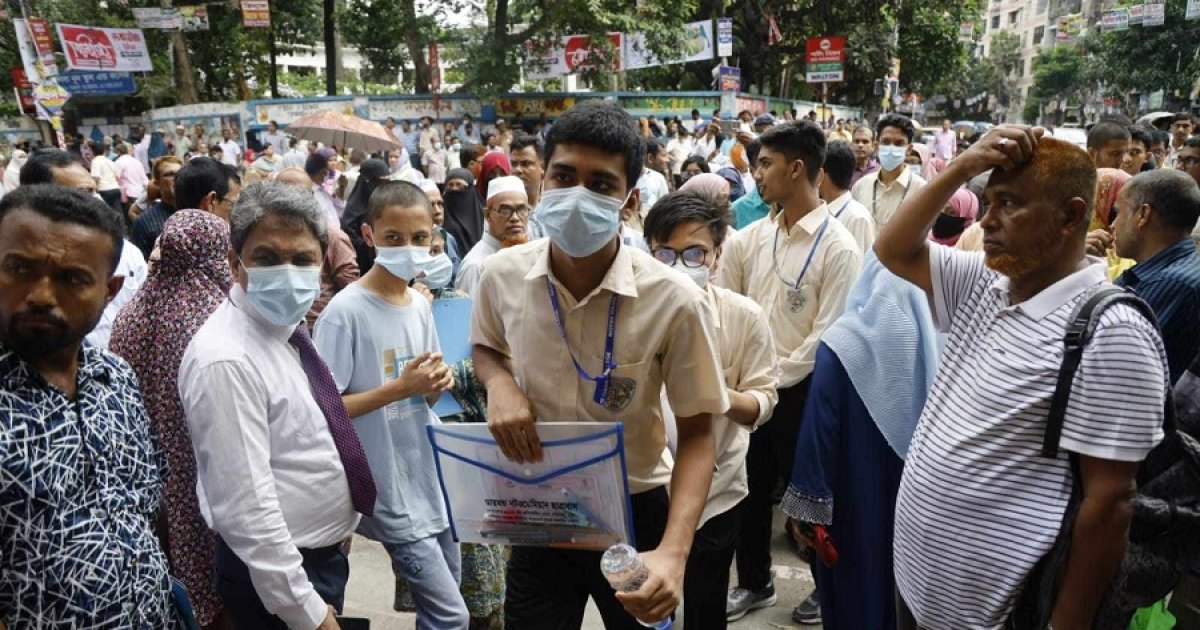
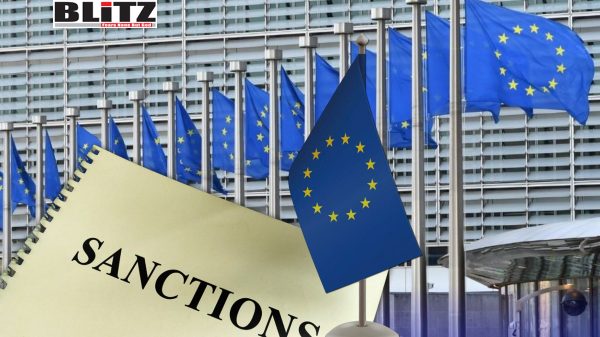
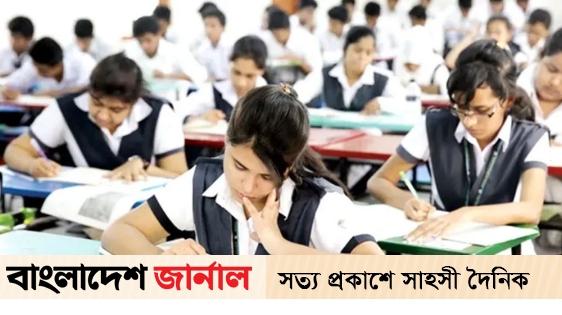
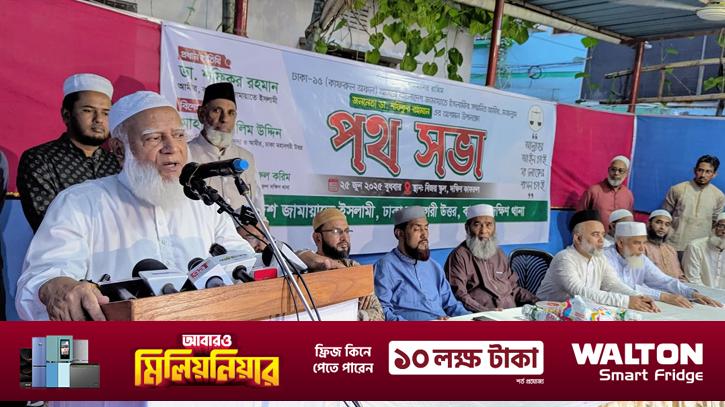
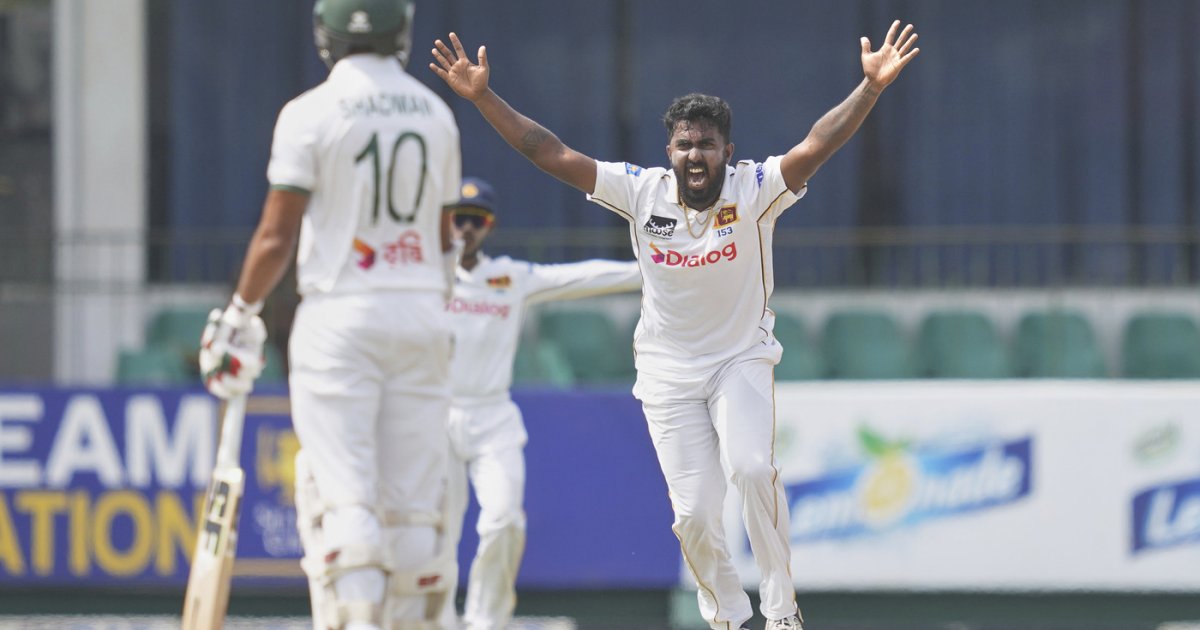
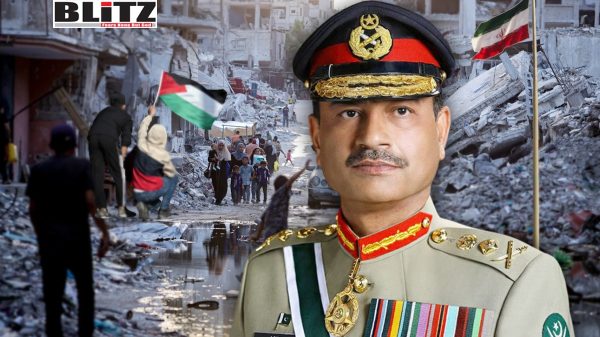

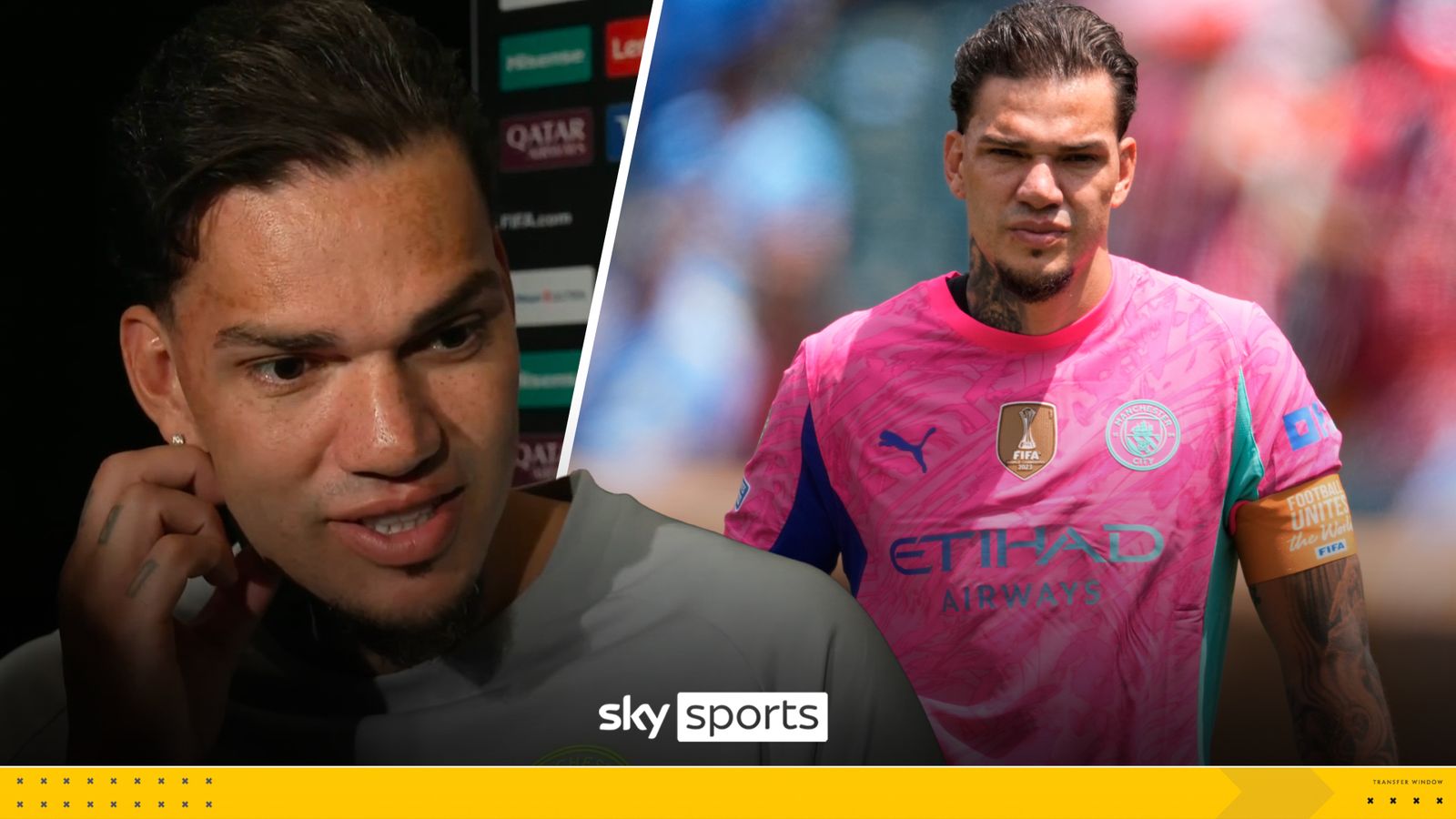
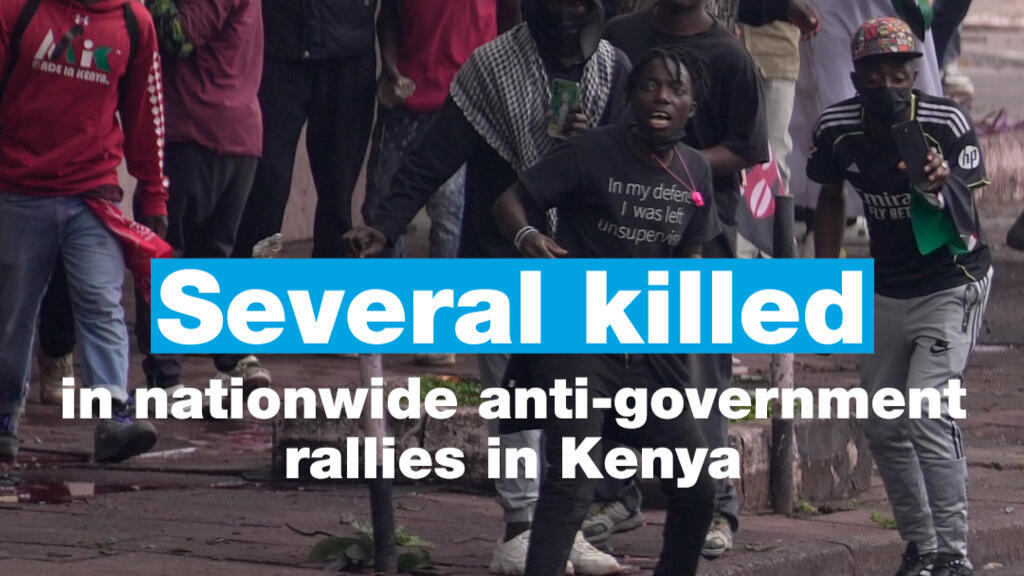

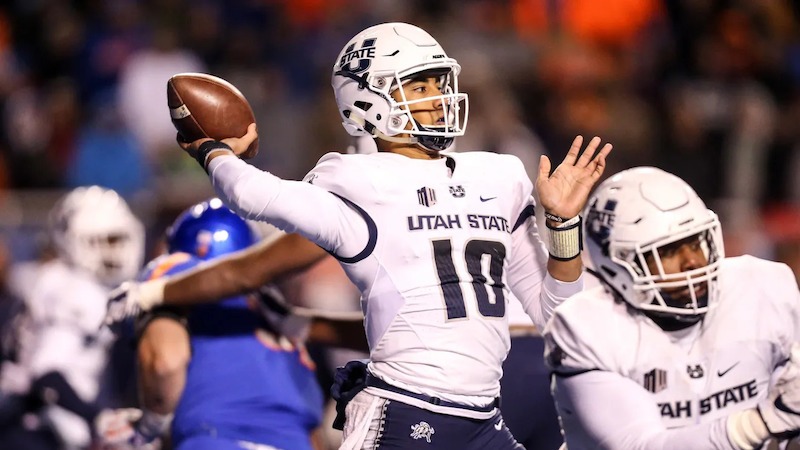
Leave a Reply